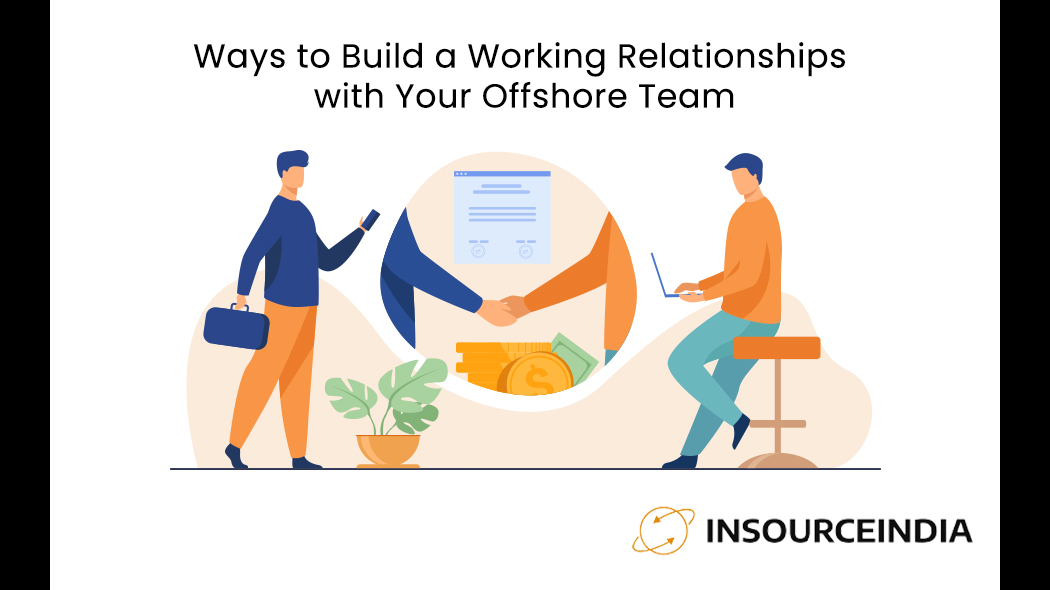Building a working relationship with an offshore team can be challenging, but it is also an essential aspect of modern business. With the rise of remote work and global outsourcing, many companies are now working with teams located in different parts of the world. This can be a great opportunity to access new talent and resources, but it also requires careful management and effective communication. In this blog post, we will explore some of the ways to build a working relationship with your offshore team.
-
Clearly define roles and expectations
One of the most important steps in building a working relationship with your offshore team is to clearly define roles and expectations. This includes outlining what each team member is responsible for, how they should communicate with the rest of the team, and what their goals and objectives are. This will help to ensure that everyone is on the same page and that there is no confusion or miscommunication.
-
Communicate regularly
Effective communication is essential when working with an offshore team. This means that you should schedule regular meetings or calls with your team members, and make sure that everyone is aware of what is happening within the project. It is also important to use clear and concise language, and to be responsive to any questions or concerns that your team members may have.
-
Build trust

-
Understand cultural differences

-
Use collaboration tools

-
Be flexible

-
Lead by example

In conclusion, building a working relationship with an offshore team can be challenging, but it is also an essential aspect of modern business. By clearly defining roles and expectations, communicating regularly, building trust, understanding cultural differences, using collaboration tools, being flexible, and leading by example, you can create a positive and productive working relationship with your offshore team. With the right approach, you will be able to access new talent and resources to achieve better results for your business.



